Jewish Queer Activism: Rising Upon Our Past
If there’s one thing I know about myself, it’s that I cannot resist a book by a queer Jewish activist. Standing proudly on the shelves of a Seattle bookstore, Adam Eli’s The New Queer Conscience immediately drew me in. With its bright cover, intriguing title, and obviously Jewish elements, there was no way I was going home without it. Today, a few months since first reading it, I realize how much The New Queer Conscience has impacted how I view my identity. The history of activism in both my family and the Jewish people as a whole has always been a significant part of my connection to Judaism. Reading The New Queer Conscience prompted me to think about my queerness through that same lens of an inherited history and culture of activism from my queer ancestors.
Ever since my first ventures into activism, I’ve held a deep appreciation for Jewish leaders because of my own family history. I swell with pride when I think about my great aunt Mickey, who protested with the anti-Vietnam war movement, organized with second wave feminism, created a secular community for Jews in her area, and founded an abortion clinic in Cleveland. Knowing that someone in my own family could make such an impact on the world around her inspires me to follow in her footsteps. Mickey’s work was deeply influenced by Jewish values, and she always kept her Jewish communities in mind when serving the world around her.
In the prologue of his book, Eli references a quote from the Talmud: “All Jewish people are responsible for one another.” He follows up this quote by stating that “the importance of showing up for other Jews has been carved into the DNA of what it means to be Jewish.” Eli urges queer people to develop the same ideology, and this founding principle of The New Queer Conscience roots itself in this idea of DNA一the idea of family. But family often has the potential to look very different for queer people than it does for our cishet counterparts.
The term “chosen family” was coined by Kath Weston, in her book Families We Choose: Lesbians, Gays, Kinship. The term is used to refer to a non-biologically, non-legally related group of people who are so closely bonded that they consider each other family. Queer folks whose families have rejected them for who they are or just don’t have queer connections within their families often compensate by forming chosen families rooted in queer culture, shared queer experiences, and activism.
From the outside, these chosen families often appear monogenerational. Who are our aunts? Our grandparents? Don’t be mistaken: they’re there. They’re the queer folks who paved the way for us. The activists, care workers, and scholars who fought for the rights we have now.
In the same way I have an obligation to my Jewish ancestors to continue the fight for social justice and equity, I have an obligation to my queer ancestors as well. They fought for the rights I now have, and it is my responsibility and my privilege to continue fighting for the rights of those around me. As much as I have an obligation to my great aunt Mickey, I am also obligated to Marsha P. Johnson, Sylvia Rivera, Harvey Milk, and my many other queer activist ancestors. Their work in queer activism must be continued by young queer people today. Many of these activists didn’t have biological or legal children to carry out their work. Young queer people of today are their descendants, and we must continue their legacy.
In The New Queer Conscience, Eli discusses one way to do this—engaging in queer connections in times of celebration and of pain and anger. He addresses ten main formative principles to make the queer community as strong and unified as possible. For many Jews, this unity is innately ingrained in us. It’s a survival technique. For the queer community, however, it needs to be learned. We are not innately connected by blood, by heritage, and by culture. We need to seek out the connections, and books like The New Queer Conscience help us do so.
Activism is a root of both Judaism and queerness. We would not have the rights we have today without the advocacy, passion, and protest of those who came before us. Through my inherited cultures of Judaism and queerness, I have also inherited activism.
I saw an image recently that felt like the culmination of my identity that I had been looking for, the last piece of the puzzle I’ve needed since reading The New Queer Conscience. The image was of a group of women at a protest in 1981 holding a sign that reads, “Jewish lesbians against Anti-Semitism and racism.” I remember seeing this picture and thinking, “Oh, wow. Those are my Jewish aunts. My queer grandmothers. I am their descendant.”
It is the responsibility of queer Jews of today to carry out the legacy of our ancestors一not just biological or legal, but also chosen and cultural. Activism connects us to both our communities, and our shared history. We are never alone in this work一this inheritance is shared within our families, whatever they may look like.
This piece was written as part of JWA’s Rising Voices Fellowship.

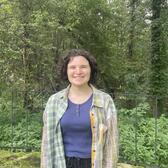
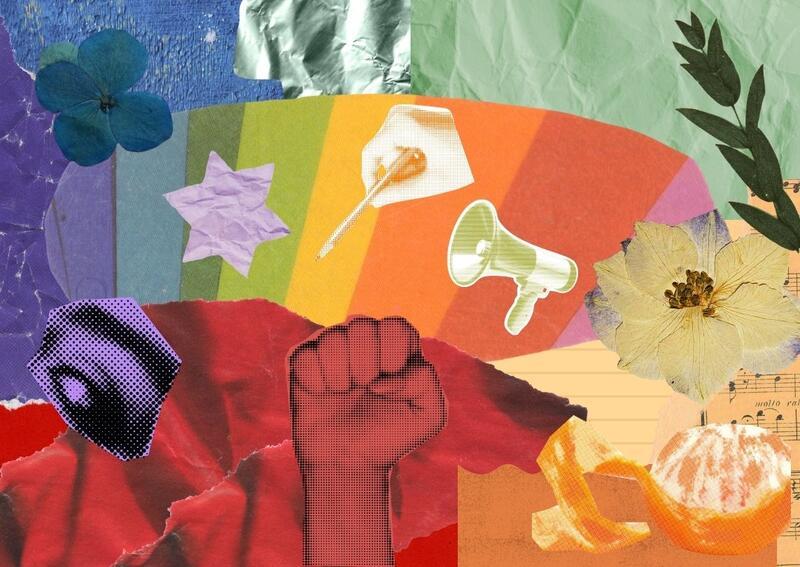
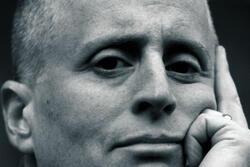
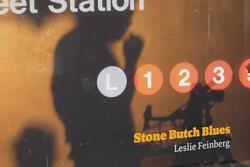
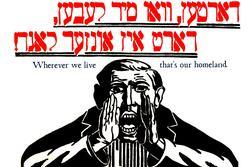


Julia your ability to look outside of yourself and see the impact you can and should be making on your community at a young age is impressive. This is how we make a better world. Seeing belonging within multiple groups, drawing others in and allowing them to see how they can belong and find a voice. Julia, don't stop being actively engaged!
This former teacher is kvelling at the depth of this essay and strong Jewish Upstander values reflected in it. Well done Julia. Looking forward to seeing the ways you continue to make the world a better place with your strong sense of self on many levels.